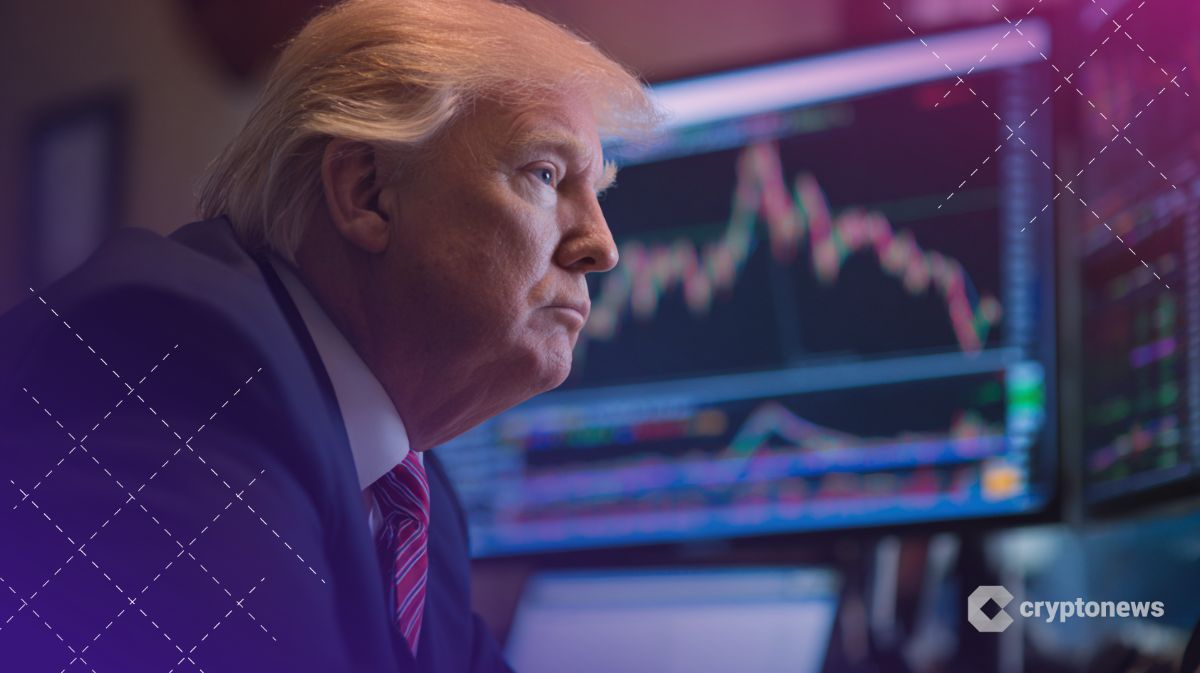
A sudden tariff announcement from U.S. President Donald Trump sent shockwaves through global markets on October 10, triggering one of the largest single-day selloffs in crypto history.
The pledge to impose 100% tariffs on Chinese imports sparked panic selling, forcing more than $19 billion in leveraged crypto positions to unwind in just 24 hours.
Data from Coinglass shows that over 1.6 million traders were liquidated, with nearly 87% of positions being long. The event marked a rare moment where macro policy news spilled directly into digital asset markets, erasing billions in open interest within hours and pushing Bitcoin below $105,000 before a rapid rebound took shape.
Leverage Unwinds After Tariff Announcement
The crash exposed the scale of leverage still built into crypto’s trading structure. Bitcoin and Ethereum led losses, while altcoins saw even deeper corrections as automated margin calls intensified the decline.
Analysts stated that the majority of liquidations occurred on high-frequency derivatives platforms, including Binance, OKX, and Bybit. In each case, futures contracts tied to major assets were hit by forced liquidations that drained liquidity from the books and accelerated the price drop.
Data indicated that open interest in Bitcoin futures fell by more than 30% during the selloff, resetting leverage to levels last seen in May. This mechanical clearing, while severe, also relieved excess positioning that had built up through September’s rally.
Funding rates turned negative across most exchanges, indicating that sentiment had flipped from speculative optimism to caution. Traders described the event as a “stress test” for market structure, revealing both the growing role of derivatives and the limits of algorithmic risk management during sudden volatility.
Crypto Rebound Shows Residual Strength
By October 13, Bitcoin had climbed back above $114,000, recovering nearly 12% from the weekend’s lows, while Ethereum rose to around $4,100. Spot Bitcoin ETFs saw $420 million in inflows during the recovery phase, helping to absorb selling pressure and providing a partial floor for prices.
Altcoins also stabilized, though at reduced volumes. Solana, XRP, and Avalanche all posted modest rebounds, reflecting selective risk appetite rather than a full recovery. Market participants attributed the bounce to dip-buying by institutional desks and automated market makers rebuilding liquidity after widespread liquidations.
Despite the recovery, volatility remains elevated. Implied volatility in Bitcoin options has risen above 50%, and futures spreads remain compressed, suggesting caution among professional traders. Analysts warn that a repeat of rapid leverage buildup could trigger another similar unwind if macro conditions deteriorate further.
Macro Shock and Crypto’s Fragile Leverage
The tariff-driven selloff demonstrated how closely cryptocurrency now tracks macroeconomic risk. Once considered insulated from traditional policy moves, digital assets are now deeply entwined with global liquidity cycles and investor positioning.
The scale of the liquidation also raised new questions about how exchanges manage leverage. Some industry observers argue for stricter margin caps or more transparent liquidation mechanisms to prevent cascading failures. Others suggest the market’s self-correction was necessary—a painful but cleansing process that restores balance after months of unchecked leverage.
For now, Bitcoin’s swift rebound offers temporary reassurance. But the episode leaves a clear reminder: when leverage meets macro volatility, even a policy headline can rewrite the market’s balance within hours.




